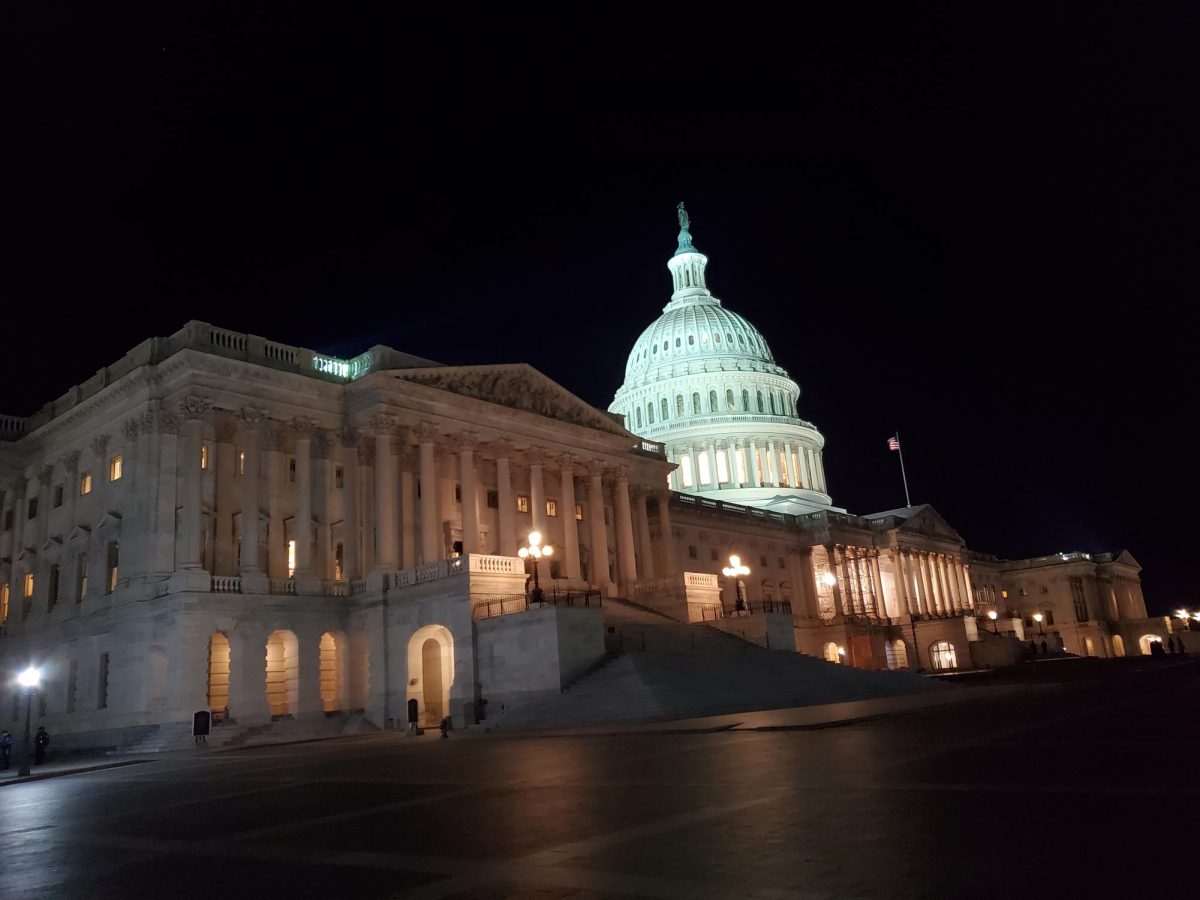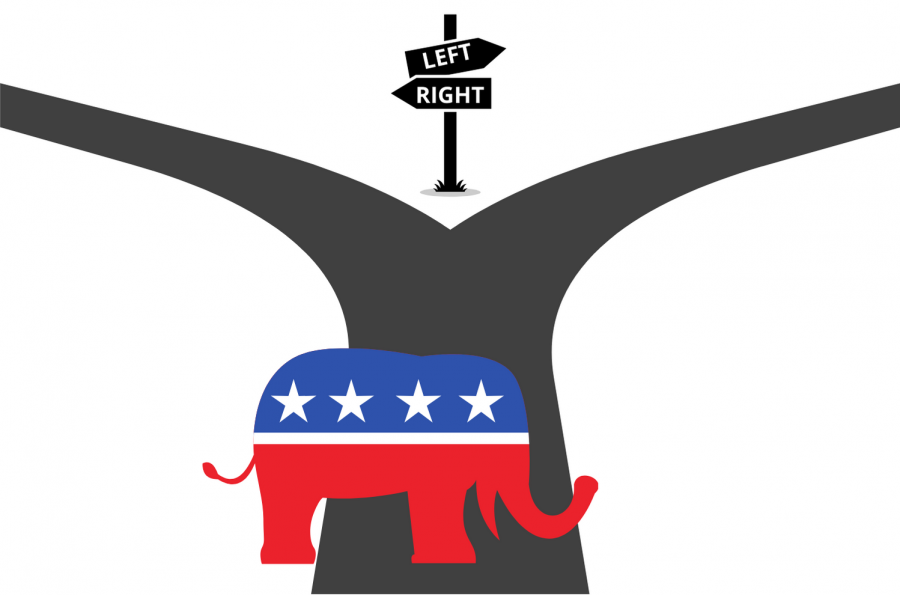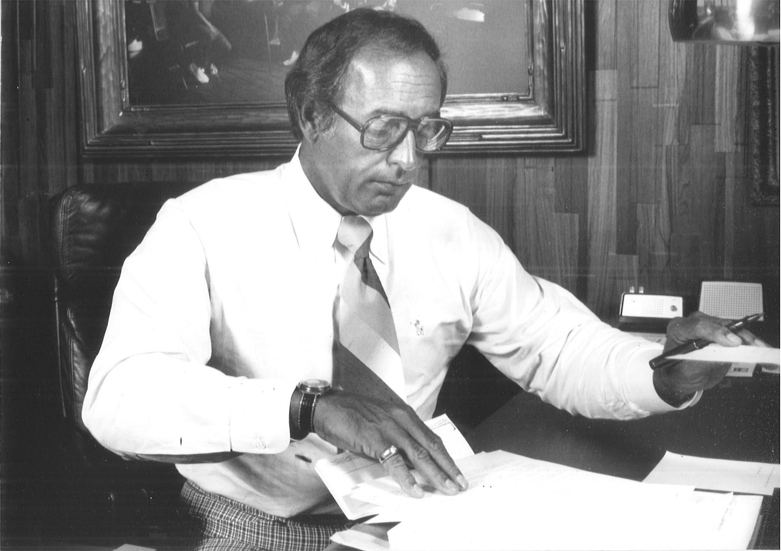Chances are, if you already know who Dr. Kermit Gosnell is, you found out about him through Facebook or Twitter.
Philadelphia doctor Gosnell is currently the focus of an ongoing federal murder trial. He stands accused of seven counts of first-degree murder, one count of third-degree murder, and multiple counts of conspiracy, criminal solicitation and violation of a Pennsylvania state law that forbids abortions after the twenty-fourth week of pregnancy.
His arrest in January 2011 on the charge of eight counts of murder made local and regional headlines. According to the Philadelphia district attorney, Gosnell “induced labor, forced the live birth of viable babies in the sixth, seventh, eighth month of pregnancy and then killed those babies by cutting into the back of the neck with scissors and severing their spinal cord.”
The grand jury that found the Gosnell case worthy of going to trial released a report in March 2013 that summarized their findings:
“This case is about a doctor who killed babies and endangered women. What we mean is that he regularly and illegally delivered live, viable babies in the third trimester of pregnancy — and then murdered these newborns by severing their spinal cords with scissors […] The medical practice by which he carried out this business was a filthy fraud in which he overdosed his patients with dangerous drugs, spread venereal disease among them with infected instruments, perforated their wombs and bowels — and, on at least two occasions, caused their deaths.”
So why haven’t the details of the ongoing trial been splashed across our televisions and computer screens?
Indeed, few of the major news outlets (websites, cable channels, press junkets, and newspapers alike) have covered the legal proceedings that began March 18.
“Until Thursday,” writes The Atlantic journalist Conor Friedersdorf, “I wasn’t aware of this story. It has generated sparse coverage in the national media, and while it’s been mentioned in RSS feeds to which I subscribe, I skip past most news items.” (Even now, most articles and blurbs regarding the trial — including Friedersdorf’s own piece “Why Dr. Kermit Gosnell’s Trial Should Be a Front-Page Story” — focus on the public’s reaction to said dearth of coverage.)
LA Times journalist Jon Healey admits that the coverage has been thin and offers several suggestions: that the sensational subject matter has frightened away news outlets who are anxious about falling distribution numbers or that the topic was already dealt with when Gosnell was initially arrested.
“Regardless of where you come down in the debate over abortion,” he writes, “you should still be discouraged that at least one aspect of the Gosnell story didn’t get the “60 Minutes” treatment from someone in the national media.”
Activists on both sides of the political spectrum are equally baffled at the mainstream media’s eerie silence regarding the trial. Both acknowledge that there are lessons to be learned from the horrors of Gosnell’s criminal action: pro-choice activists point out the dangers of sub-standard, unregulated abortions, while pro-life activists highlight the bloody reality of abortion procedures and the media’s pro-choice bias.
Professor Carole Joffe, who notes that many of Gosnell’s victims were minority or undocumented women, stated: “That such clinics [as Gosnell’s] can flourish until the inevitable disaster occurs…is a ‘perfect storm’ caused by the marginalization of abortion care from mainstream medicine, the lack of universal health care in the United States, and the particular difficulties facing undocumented immigrants in obtaining health care.”
Jordan Bloom, a journalist for the American Conservative, places the blame for the extent of Gosnell’s crimes on the failure of political correctness.
“[The grand jury’s report] strongly suggests the absolutist pro-choice view that any regulation of abortion constitutes an infringement on reproductive rights led to the clinic not being overseen properly,” he said. “All of these people had access to the grand jury report, even back in 2011. To ignore that and then make the case for why abortions should be more widespread and less regulated is incredibly dishonest.”
Kirsten Powers, in the USA Today editorial that helped bring the Gosnell trial to the forefront last week, writes, “You don’t have to oppose abortion rights to find late-term abortion abhorrent or to find the Gosnell trial eminently newsworthy. This is not about being ‘pro-choice’ or ‘pro-life.’ It’s about basic human rights.
“The deafening silence of too much of the media, once a force for justice in America, is a disgrace.”







